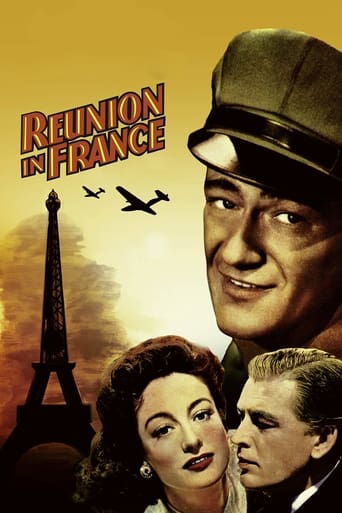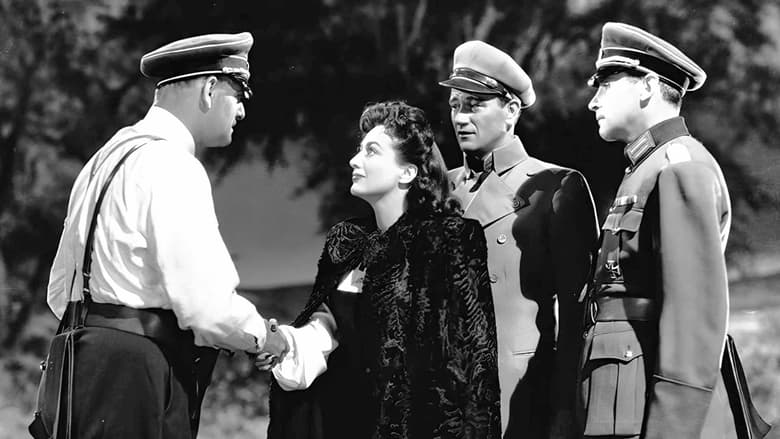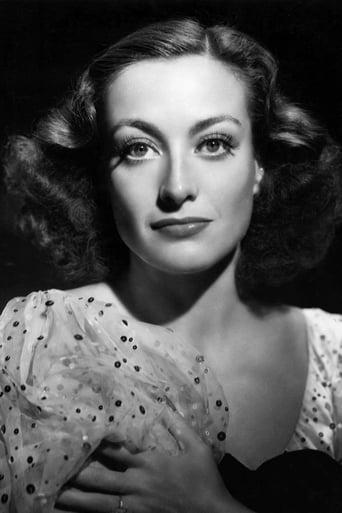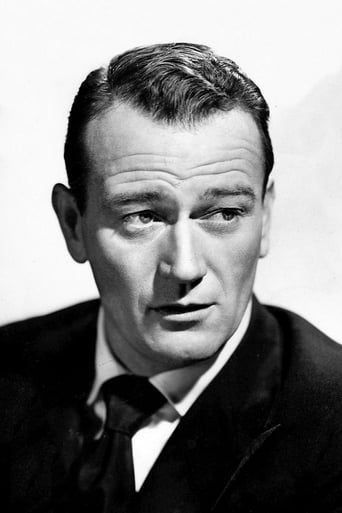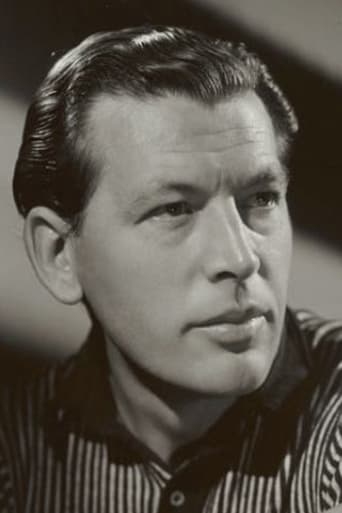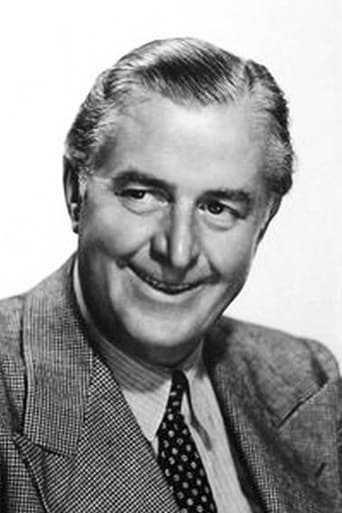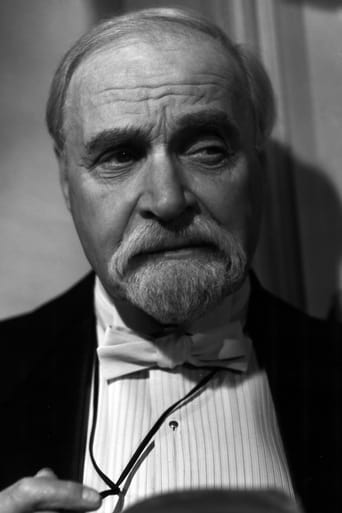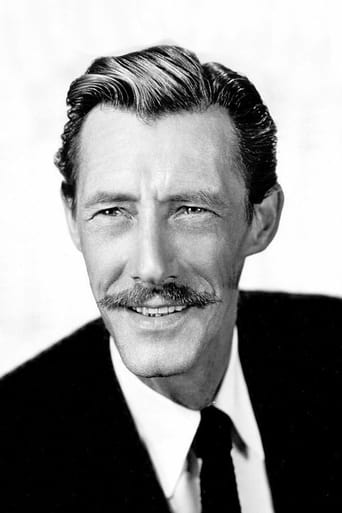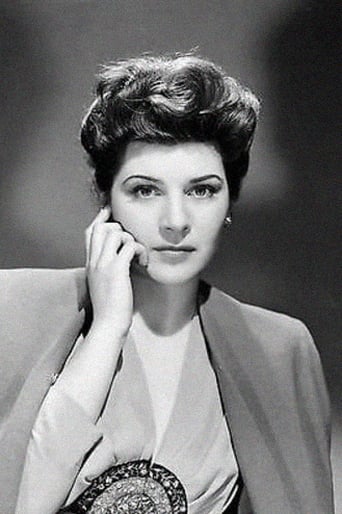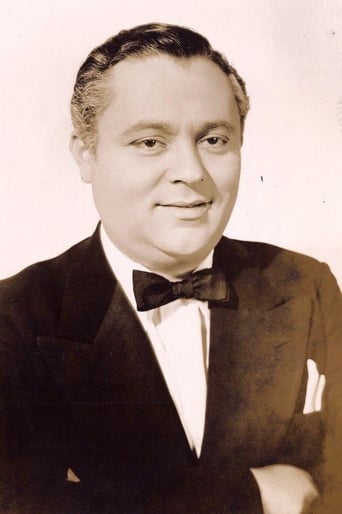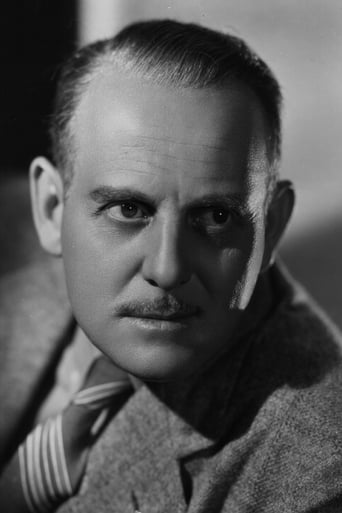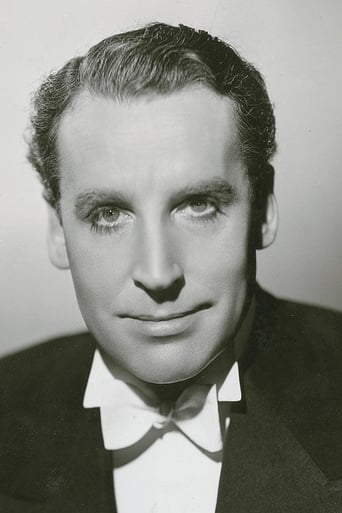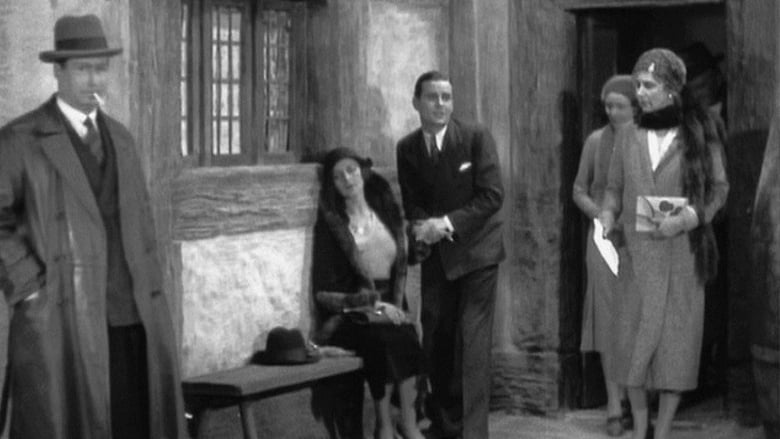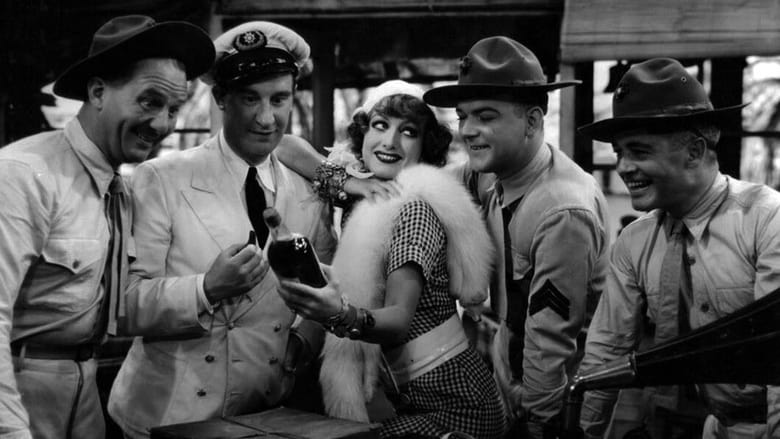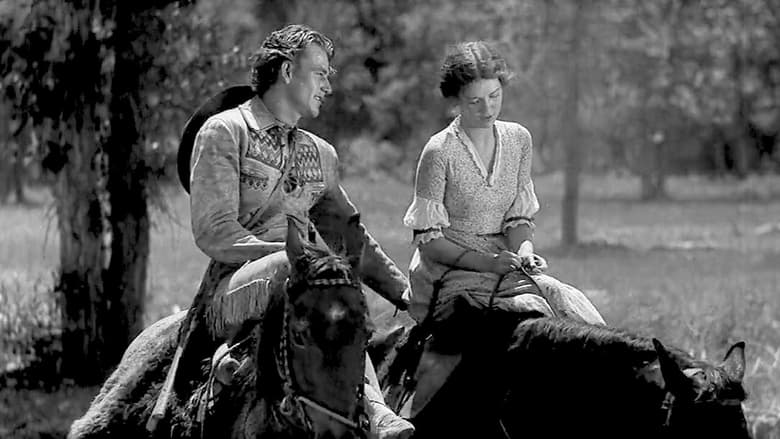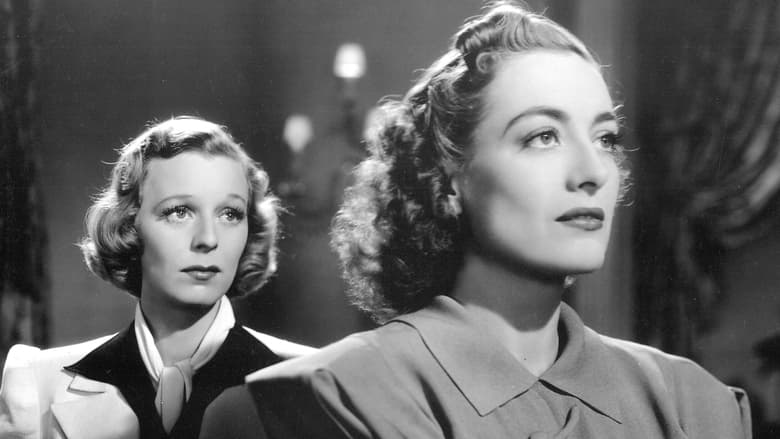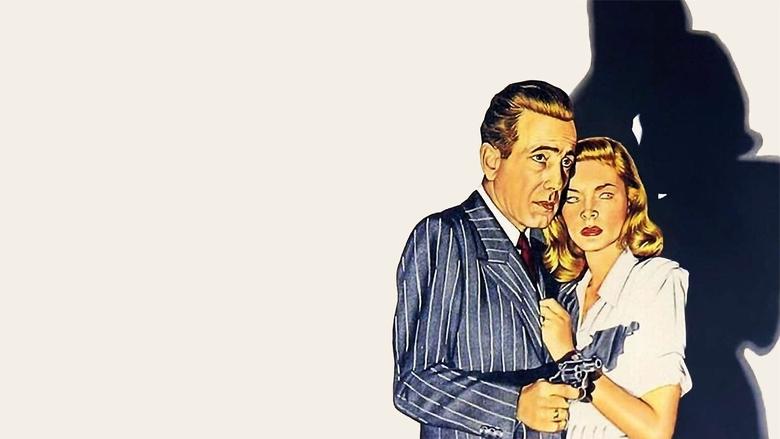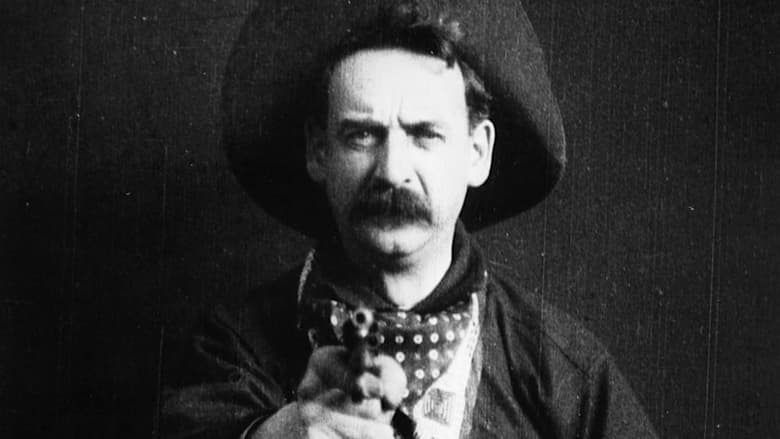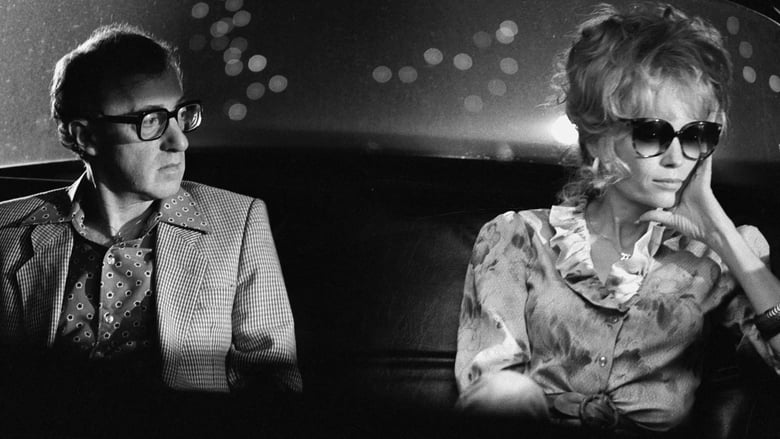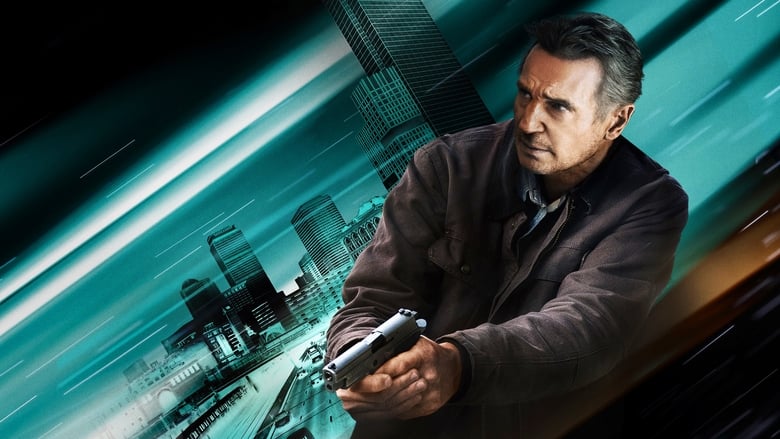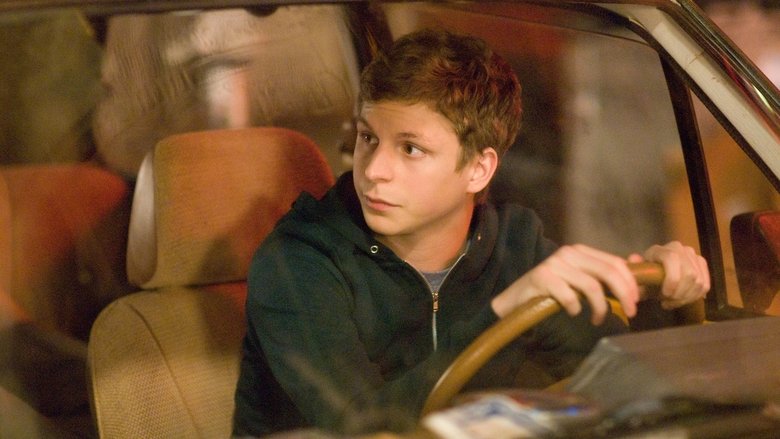Frenchwoman Michele de la Becque, an opponent of the Nazis in German-occupied Paris, hides a downed American flyer, Pat Talbot, and attempts to get him safely out of the country.


Similar titles


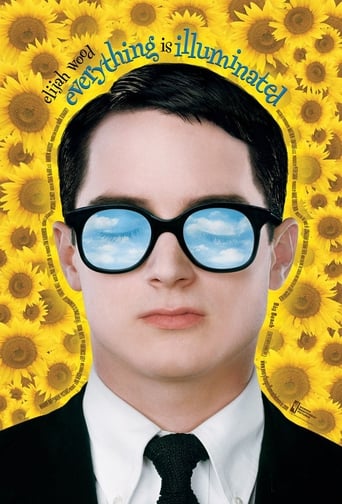
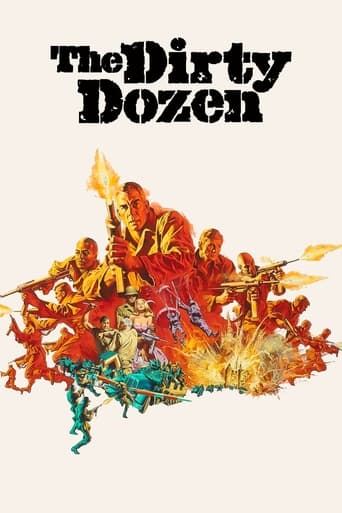
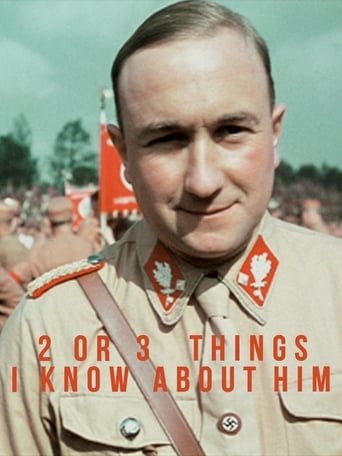



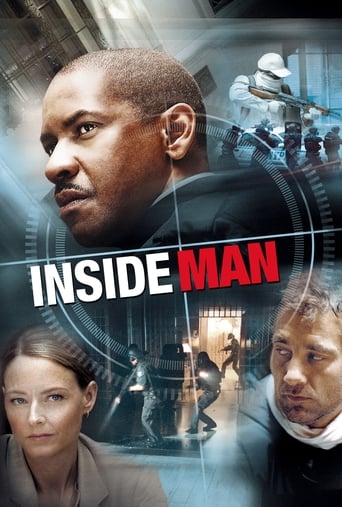
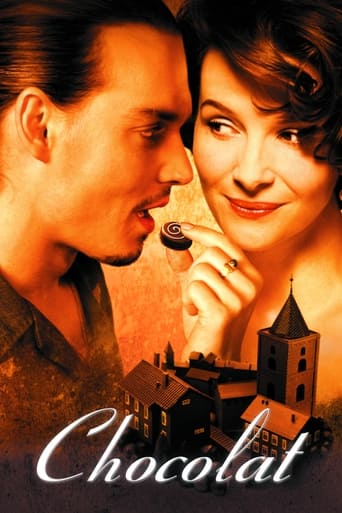
Reviews
Reunion in France is excruciating to listen to because of the lame attempts at German, French and British accents and the pathetic pronunciations of German and French names and words. It begins with a speech by a "French" general in which the American actor playing him can barely restrain his southern accent (I expected him at any minute to say y'all). I understand that there probably was a shortage of German and French actors in Hollywood at the time. But surely there were actors who could do believable foreign accents? Several times "Germans" speak several sentences in German and the pronunciation is so bad that it comes off as gobbledygook.The film is a heavy-handed propaganda piece: The Germans are fat and coarse. The French are noble and self-sacrificing. They lost the war not because of poor planning, insufficient defenses and inept military and political decisions, but because France was "betrayed." It's all a bit overblown and accompanied by stabs of dramatic background music.It's always interesting to see John Wayne in an early, non-western role. In this film, however, he seems unnecessary and the film slows down drastically once he arrives. If he was intended to be the patriotic opposite of the Nazi sympathizer character and the second man in a love triangle, he arrives in the film too late to register strongly as either.
There's not a single convincing moment in this mishmash CASABLANCA wannabe from M-G-M with John Wayne, Joan Crawford, Philip Dorn, Reginald Owen & John Carradine fumbling about as Bogie, Bergman, Henreid, Raines & Veidt, respectively. It would be funny if it wasn't so appalling. And as sheer visual movie-making, Warners product leaves M-G-M entirely in the shade. Not too surprising from producer Joe Mankiewicz, though helmer Jules Dassin would soon grow camera savvy. (Midway thru the pic, lenser Robert Planck delivers a stunning close-up of Joan, but that's the single redeeming feature here.) For a far better shot at this sort of thing (leaving CASABLANCA aside), try 'PARIS UNDERGROUND' with Constant Bennett. (Please see my review.)
Reunion in France finds Joan Crawford as an upper class French woman happily engaged to industrialist Philip Dorn and confident that the French army will defend the Maginot Line and the Germans will be defeated once they make a move west. Of course history and the film both tell us it didn't work out that way.When she arrives back in Paris because she's away in the country when the surrender happens, she finds that the Germans have taken over her house to use as office space, but they've permitted her to occupy one room on the ground level with its own entrance to the street. That's a minor inconvenience compared to when she learns that her fiancé is collaborating with the Nazis. Around that time a young flier with the RAF Eagle Squadron, John Wayne, accosts her in the street and gets her to take him in. He's escaped from Nazi custody and looking to get back to Great Britain.This is a minor film in the credits of both John Wayne and Joan Crawford in there one and only film together. Crawford was being slowly eased out at MGM and she knew it. Still she was a professional if nothing else and gives the role her best. The part called for her to look chic and those Adrian gowns were in play again.John Wayne doesn't even get into the film until almost 40 minutes into the story. When he does get in, even though he makes a play for Crawford, the Duke has some real problems as Crawford in order to help him has to play up to Dorn and his Nazi friends. It's not the John Wayne we're used to because it really isn't his film.There's been some criticism by other reviewers that Crawford doesn't sound French. Then again neither does anyone else in the film. The rest of the cast. The cast in fact has a variety of European and American accents, Frenchmen weren't in good supply at that point in Hollywood, either that or they were otherwise committed. Surely Crawford was no more French sounding than Humphrey Bogart in Passage to Marseille.Albert Basserman is the commanding general in Paris and the fellow who Dorn cultivates. John Carradine may be the best one in the film as the Gestapo agent who knows there's something fishy with Crawford, but can't quite prove it. Both the Duke and Joan Crawford had better days ahead of them. Still the film is a curiosity and worth a look.
Interesting film with Joan Crawford caught up in occupied France during World War 11.A young dashing John Wayne is terribly miscast as a flier in this film.Phil Dorn, who was memorable 6 years later in "I Remember Mama," plays Crawford's love interest here. The two of them spend the film deceiving the Nazis.Albert Basserman plays an entirely too sympathetic Nazi official in the film. He must have thought that he was still starring in his Oscar nominated 1940 supporting performance in "Foreign Correspondent."Of course, Ms. Crawford goes from clothes-horse to extreme patriot and remains in the arms of Dorn, both despised by the occupants for their supposedly pro-Nazi ways. How they fooled the public. Vive la France!
